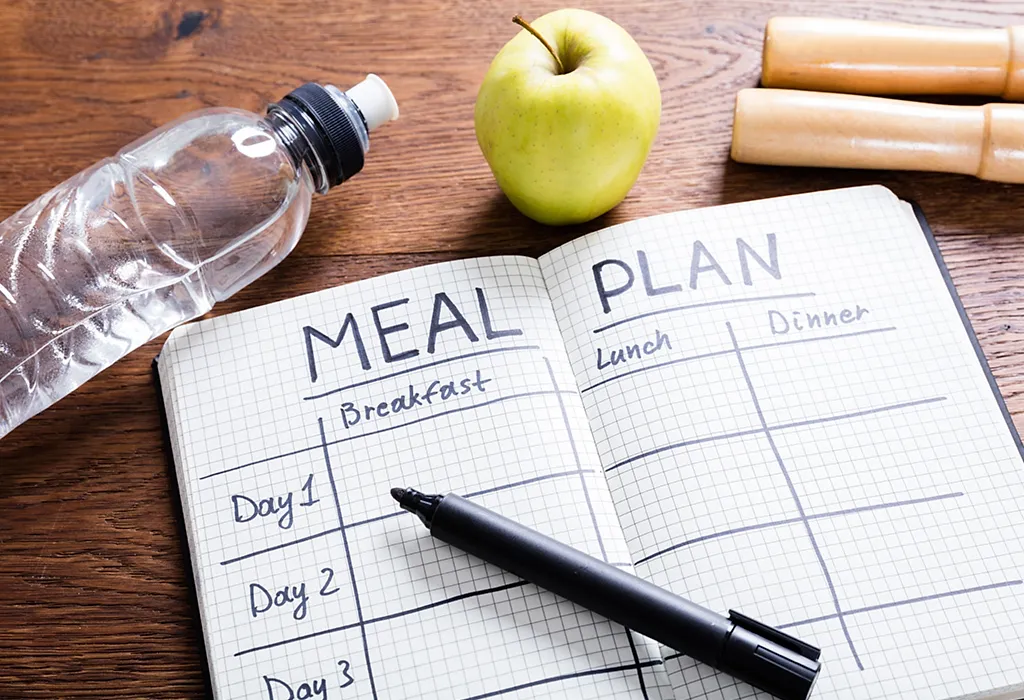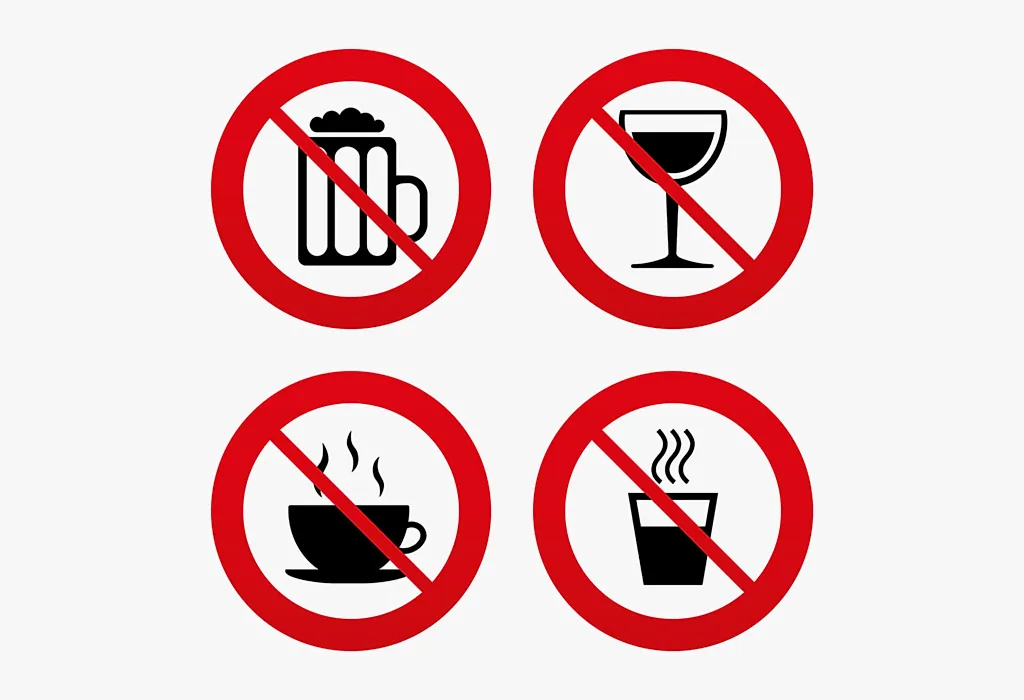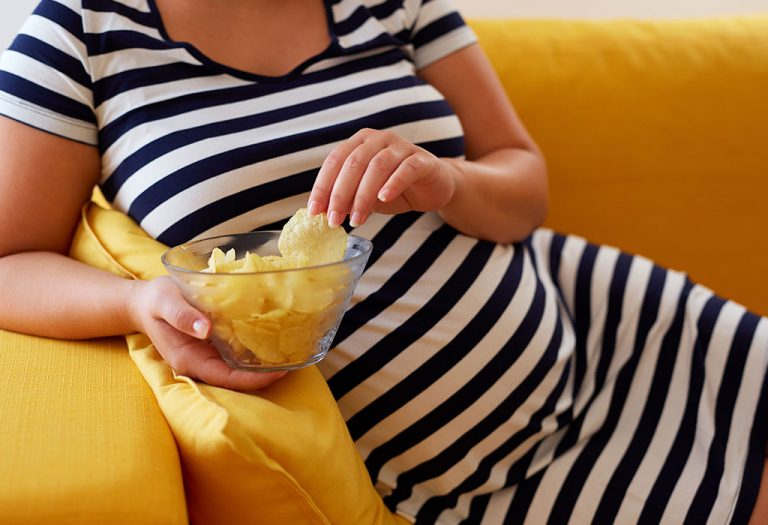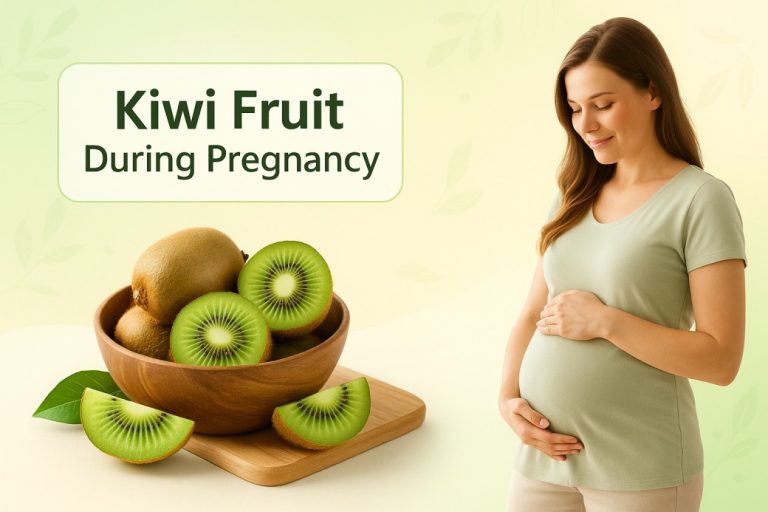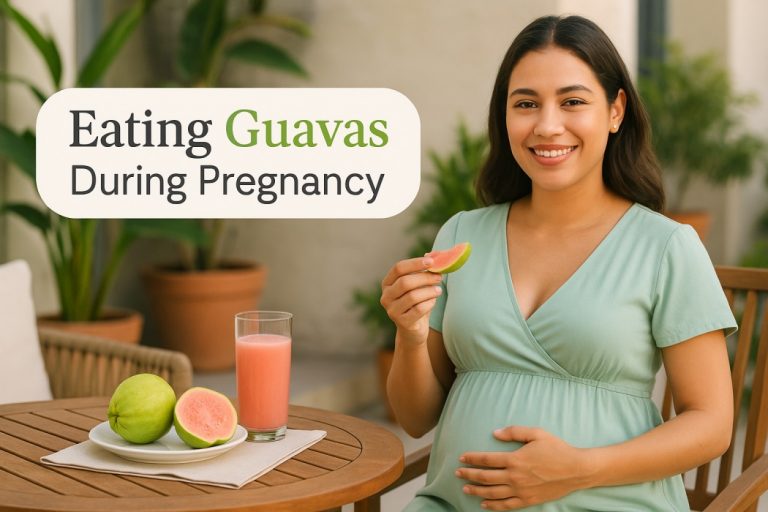Second Trimester Diet Plan: Foods to Eat and Avoid

The second trimester is also often known as the golden period of pregnancy as it marks the point where the discomforts of early pregnancy pass and those of the third trimester have not begun yet. To make the most of this period, it is important to maintain a healthy diet which ensures adequate nutrition for you and the baby growing inside you. Diet & nutrition for the second trimester should focus on balanced meals rich in vitamins, minerals, and protein. Read this post if you are in your second trimester and wondering how to go about your pregnancy diet for optimal health and development.
What to Eat During the Second Trimester of Pregnancy?
The second trimester, the period between 14th to 26th week of pregnancy, is when your baby grows to about 35 cms. Eating healthy food during the second trimester is as important as it was during the first. Healthy food will continue to provide the essential nutrients during this time. A nutrient-rich diet is essential for the bone and muscle formation of the baby. You should eat foods which are high in calcium, magnesium and vitamin D (1).
Essential Nutrition and Its Sources for a Healthy Second Trimester
The diet for pregnant women in the second trimester must have carbohydrates, fats, proteins, vitamins, minerals and plenty of water. Every meal should contain 3 portions of each food group. Your meal plan should be divided into portions in each of the meals and one snack to keep up your energy levels all day.
Your diet should comprise a combination of the following:
- To ensure a steady intake of folic acid and iron, you should have 5 portions of vegetables (green leafy vegetables like spinach, cabbage) and fruits in a day (2).
- You should have carbohydrates (starchy foods, wholegrain bread, cereals) with every meal (3).
- Dairy products, which are low in fat, should be consumed at least 2 to 3 times in a day to ensure calcium intake.
- Food types high in protein (like fish, eggs, beans) should be eaten at least twice a day (4).
- You can have a moderate portion of oily fish once a week to give you enough omega 3-fatty acids which help in the development of the baby’s brain (5). You may consult a nutritionist for the quantity appropriate for you.
- You should switch to healthy options in snacks and drinks (like sandwiches, yoghurts).
Meal Plan for the Second Trimester
It is important that you follow a meal plan during the second trimester of pregnancy so that your baby gets the required nutrients in the right proportion and weight gain is on track.
While making the meal plan, it is important to include seasonal fruits and vegetables. In case of their unavailability, you may replace them with other fruits and veggies that provide the same nutrients and are available in that season.
Sometimes, a single food can be a source of multiple nutrients; hence you may continue having the same food that was recommended for the first trimester as the nutrients would be beneficial for your health in the second trimester, too.
All through this time, you should keep yourself hydrated (6). Also, caffeine intake during pregnancy should be limited (7).
Meal Plan Sample
| Breakfast |
2 servings of grain, 1 serving of fruit, 1 oz of meat/beans, and 1 cup milk. Sample breakfast – 2 oz wholegrain bagel toasted and 1 teaspoon margarine and scrambled egg, 1 cup cantaloupe and 1 cup of milk (non-fat). During pregnancy, you will need between 1000-3000 mg of calcium daily with dairy in most meals. |
| Lunch |
2 servings of grain, 1 cup green leafy vegetables, 1 cup fruit, 1 serving milk and 2 oz of meat/beans. Sample lunch – A roast beef (2 oz) sandwich made with whole wheat bread, 1 teaspoon mayonnaise, tomato and lettuce. You may also have 1 cup baby carrots, fresh orange and 1 cup non-fat milk. During pregnancy, you will need around 27 mg of iron in a day. |
| Dinner |
2 servings of grain and vegetables each, and 3 oz of meat/beans. Sample dinner – 3 oz. chicken (grilled), 1 cup brown rice, 1 cup sautéed spinach on garlic with olive oil and garden salad with 1 tablespoon of salad dressing. During pregnancy, you will need 600 mg of folate per day. |
| Snack |
A snack should include 1 serving of grain and milk each. Sample snack – 1 cup of wholegrain cereal along with 1 cup of non-fat milk. |
Food Disinclinations and Cravings
During this time, many women may experience an aversion to certain kind of foods and craving for certain foods; this may be the result of the hormonal changes which happen rapidly (8).
Some women may have a craving for chocolates or spicy food or some kind of comfort food.
On the other hand, some women develop aversions to certain food types. Essentially, they may never want to eat these foods. An aversion can be a problem if it is for vegetables or dairy that is important for the growth of the baby. In such a situation, your doctor may suggest alternate foods to eat, or recommend food supplements, so that the lack of nutrients is sufficiently compensated.
Weight Gain During the Second Trimester
Weight gain in your second trimester will be more than your first trimester. You will gain between 1 to 2 pounds every week. The weight gained does not go to the baby alone. It adds to the breast tissue and increase in the fluid content and the amniotic fluid around the baby. The growth of the placenta and the uterus muscles, and extra storage of fat and protein in the body also result in weight gain during the second trimester.
In the second trimester, nausea stops, and you are in a happy place because the baby is also not big enough to put pressure on your organs. However, excess weight gain can cause complications during delivery (9).
Second Trimester Foods to Avoid
The second-trimester pregnancy diet is important. However, it is equally important to limit the intake and avoid certain kinds of food during the 6th and 14th week of pregnancy diet. Here are some of them (10):
- Raw and uncooked meat should be avoided due to the risk of contamination with bacteria, salmonella and toxoplasmosis.
- Fish containing high levels of mercury or other pollutants should be avoided. Mercury delays the development of the brain.
- Consumption of raw eggs should be avoided during pregnancy because of the exposure to salmonella.
- Some types of imported soft cheese contain listeria which should be avoided.
- Milk, which is unpasteurized, may also contain listeria and should be avoided.
- Caffeine intake during pregnancy can be done in moderation.
- Alcohol should be completely avoided during this time.
- Unwashed vegetables and fruits are not safe for consumption as they may be contaminated with bacteria, such as toxoplasma, which can be hazardous for both the mother and baby.
FAQs
1. Can certain spices or herbs harm the baby during the second trimester?
Most common spices like turmeric and ginger are safe, but excessive cinnamon, parsley, or herbal teas (e.g., fenugreek, sage) may stimulate the uterus. Always check with your doctor before consuming large amounts or herbal supplements.
2. Is a plant-based or vegan diet safe in the second trimester?
Yes, but focus on protein-rich foods (lentils, tofu), iron (spinach + vitamin C), and B12 (fortified foods/supplements). Regular blood tests help monitor key nutrient levels for you and your baby.
3. How does hydration impact amniotic fluid levels?
Staying hydrated (8–10 glasses daily) maintains amniotic fluid. Water-rich foods (cucumbers, watermelon) and electrolytes (bananas, chia seeds) help, but sudden changes in thirst/swelling need medical attention.
Along with following a healthy diet plan for 2nd trimester, it is equally essential that the quantity of food should take care of your caloric requirements. You should consult your doctor about daily calorie intake. The aim of the diet should result in healthy weight gain.
References/Resources:
1. National Institutes of Health – Calcium
2. National Institutes of Health – Iron
3. Harvard T.H. Chan – Carbohydrates
4. National Library of Medicine – Protein and Amino Acid Requirements during Pregnancy
5. National Institutes of Health – Omega-3 Fatty Acids
6. American Pregnancy Association – Dehydration During Pregnancy
7. American Pregnancy Association – Caffeine During Pregnancy
8. Pregnancy, Birth & Baby – Appetite changes and food aversions during pregnancy
9. National Library of Medicine – Consequences of Gestational Weight Gain for the Mother
10. NHS – Foods to avoid in pregnancy
Also Read:
Second Trimester of Pregnancy
Second Trimester Pregnancy Complications
2nd Trimester Exercise – Do’s and Dont’s
Was This Article Helpful?
Parenting is a huge responsibility, for you as a caregiver, but also for us as a parenting content platform. We understand that and take our responsibility of creating credible content seriously. FirstCry Parenting articles are written and published only after extensive research using factually sound references to deliver quality content that is accurate, validated by experts, and completely reliable. To understand how we go about creating content that is credible, read our editorial policy here.







